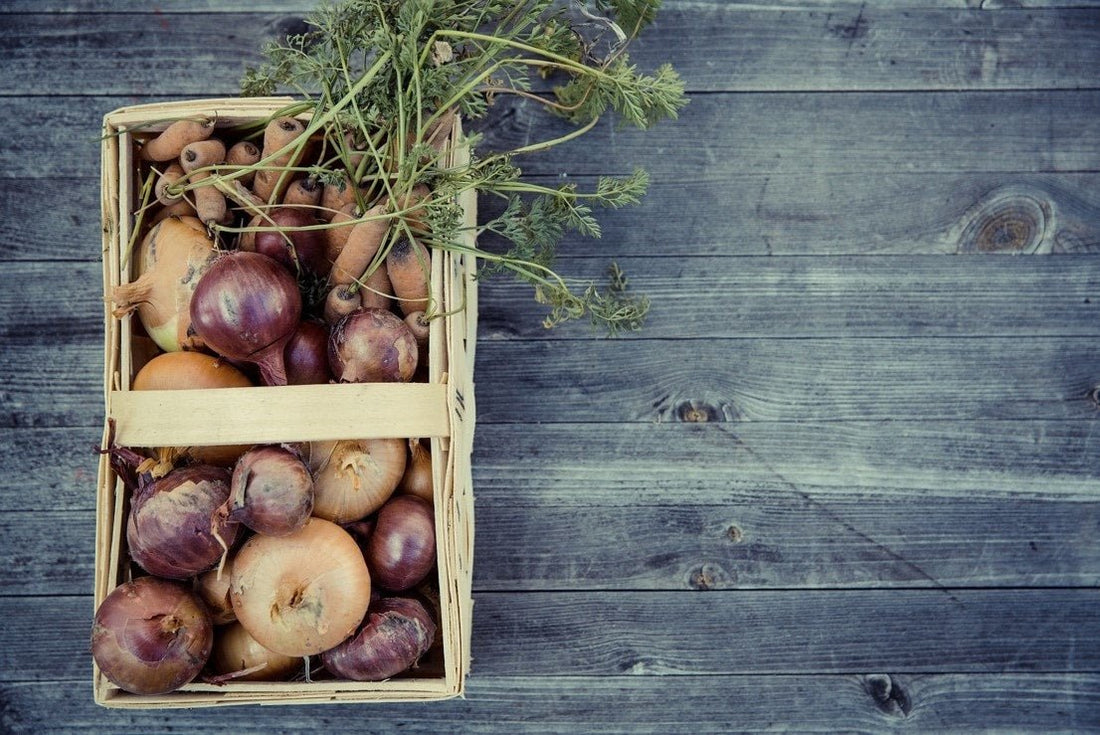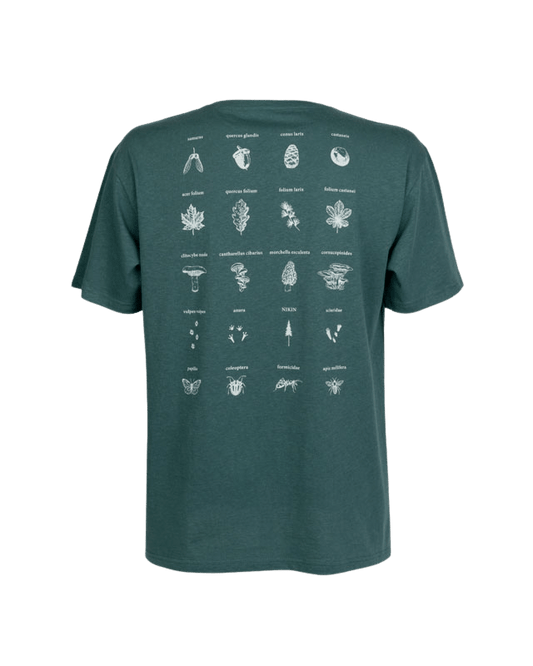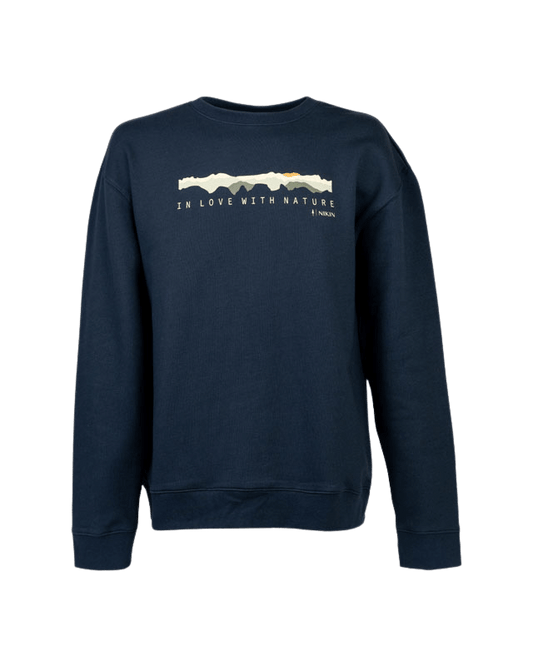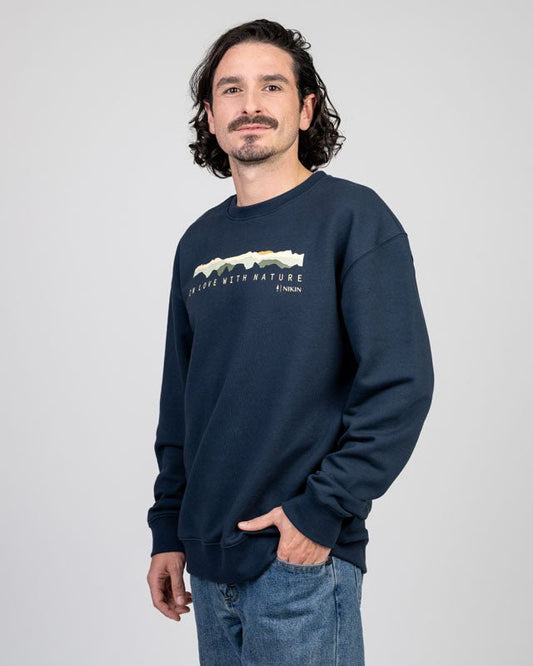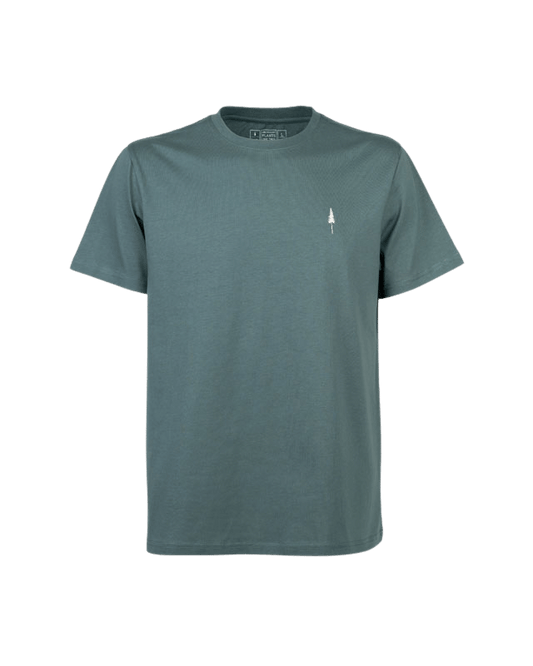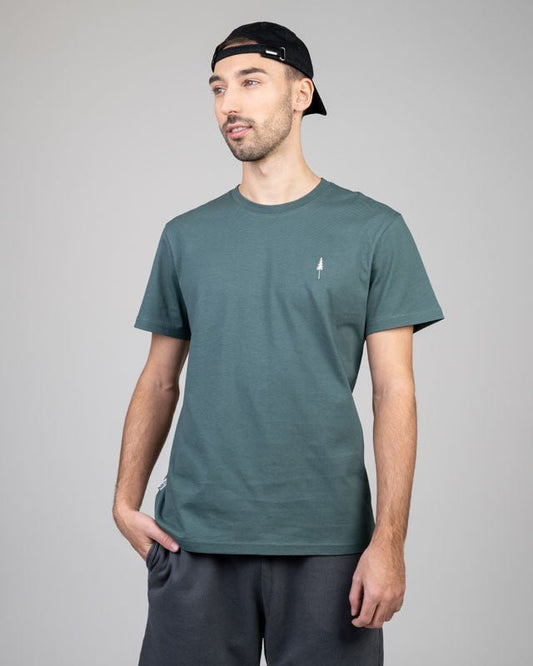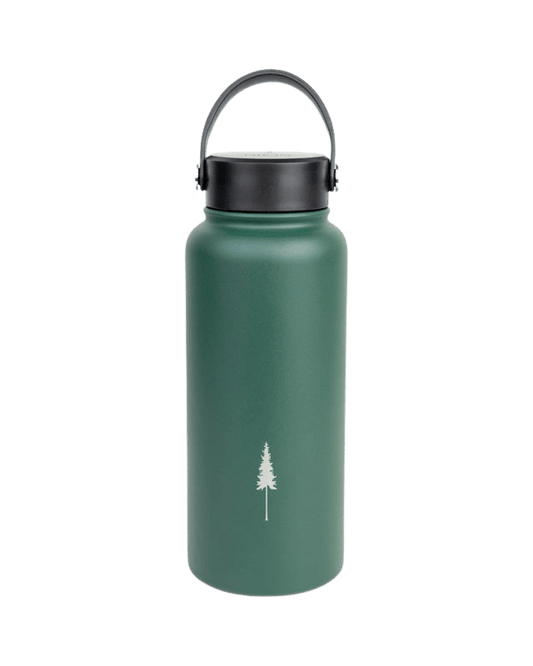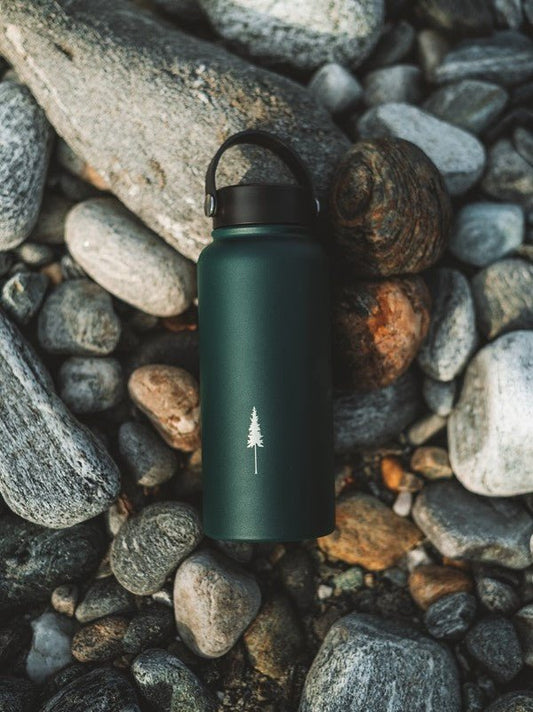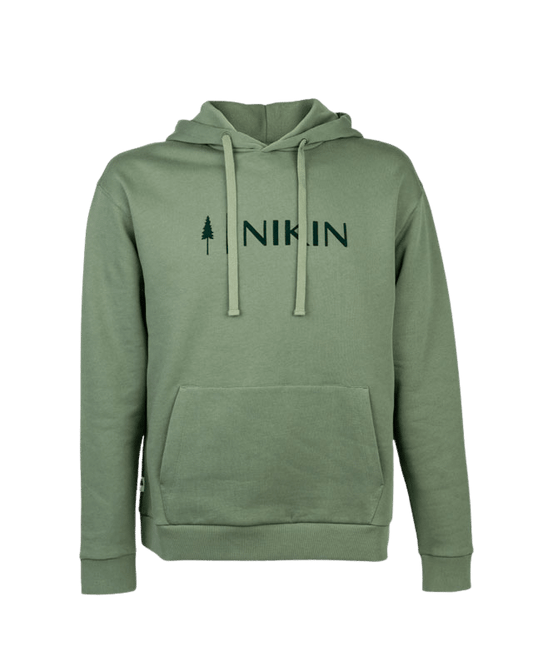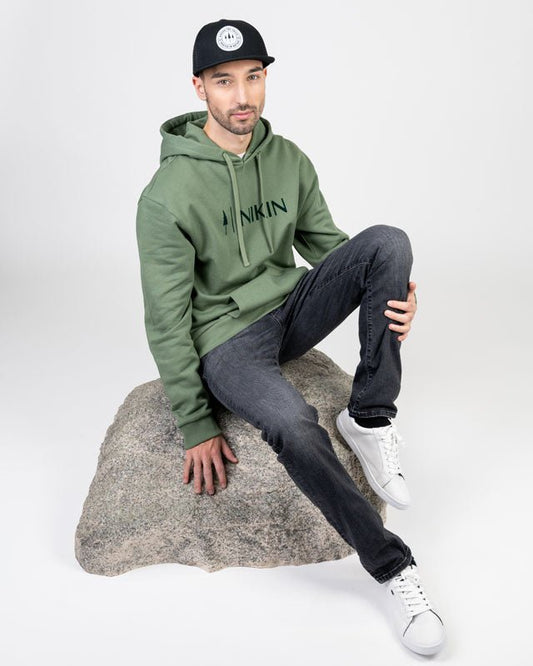Sustainability is a hot topic - both socially and politically. We only have one earth at our disposal, so it is important to protect it with all its beauty. By making small changes in your everyday life, you can do something good to preserve it for future generations.
Sustainability is a topic that affects everyone. Organisations like WWF advertise it with posters and whole school classes organise a climate strike. It all depends on everyone's behaviour in which direction our world will move. The following sections contain tips on how to make everyday life more sustainable. There are certainly many, many more variants that are suitable for this, but the ones listed are some that everyone can - and perhaps should - implement with ease.
Food
Sustainability starts at the breakfast table: Instead of starting with a smoothie made from imported bananas, go for local fruits and - depending on your preferences - vegetables instead! A short production and transport chain not only saves huge amounts ofCO2, but is usually also fairer for the farmers. If you do want a banana, make sure it bears the "Fairtrade" label, which ensures that the farmers have fair working conditions and that no pesticides are used. A seasonal diet is another additional way to integrate more sustainability into your everyday life. In winter, avoid strawberries from North Africa, tomatoes from Spain or apples from South Africa and try to enjoy local food and promote its sale. Food waste should be a taboo for everyone, because you can usually still use expired food. So don't rely on the date on the label - your nose and eyes usually know better.

Budget
Cleaning products are a real horror for the environment. The chemicals they contain enter the water cycle and affect not only the animals but also us; we poison ourselves, so to speak - whether because we are not interested in how we can preserve the environment with mostly small things or because we are not willing to spend a little more on sustainable alternatives. "Frosch", "Almawin", "Held" or "ecover essential" are just a few examples of brands that are ecologically justifiable. Resource-conserving use should also be the motto when it comes to electricity and water, whereby energy-saving light bulbs can also be used and the water is not left running for too long when showering or brushing teeth. Waste separation also contributes to a sustainable everyday life by facilitating recycling. Fortunately, there are many offers at railway stations that support waste separation - but in the end, everyone has to do it themselves... By the way: with a stainless steel bottle from NIKIN , there's less PET to dispose of! ;)
[ product-handles list="treebottle-glass-allover-pines, treesocks-standard-single, folded-polylana-r-ripped1, treesweater-basic-unisex, treeglasses-round"]
Shopping
The vegetable section in the shops reveals many a sustainable faux pas. Diced peppers or organic (!) cucumbers packed in plastic. Is that really necessary? In my opinion, this plastic packaging - especially for (organic) vegetables and fruits - is completely unnecessary. If you decide to buy loose peppers and the like, the next question is already waiting for you: How do you transport your groceries home? Fortunately, reusable bags have been available for some time now, replacing plastic bags. You can also avoid the shopping bags offered at the checkout by using the jute bag you brought with you.

Cosmetics
Advertising lives on cosmetic products. Women swear by anti-wrinkle creams, eye shadow, mascara, powder, perfume etc. Men prefer aftershave, deodorants that supposedly smell like cookies and leather (is that really good?), or shower gel after a sports session. But are these products really flawless? Hardly! These products are not only harmful to the environment, but also to you. Although deodorants are offered without aluminium, there are still many on the market that contain the metal and thus contribute to the promotion of cancer. Bad! Cosmetic products often contain numerous chemicals to make them smell good and look nice, thus generating good sales. The long-term consequences of using such products are neglected. Instead, they diligently continue and broadcast advertisements showing beaming faces with the latest beauty products.

Consumption
Switzerland is a consumer country. Whether tourists or locals: people buy and buy - every day. People often run after the latest trends without being aware of where the products come from and under what conditions they are produced. Whether it's fast fashion, imported food, cosmetics or cleaning products: next time you go shopping, make sure you know where the products come from.
As already mentioned, these are just a few examples that show how anyone can embark on a sustainable path without having to change their entire everyday life right away. It is usually the small changes that make a big difference - if not at first glance, then certainly in the long run! We at NIKIN are well aware that these changes may not (be able to) be implemented by everyone with the same motivation. This is not a problem, but a challenge that everyone is welcome to take on! A completely sustainable routine cannot happen overnight anyway. Instead, follow your own rhythm and let yourself be surprised how nice it is to give something back to the environment ;)
And don't forget: there are alternatives! Search or ask around and decide for a sustainable everyday life - for your own sake and for the sake of the environment.





